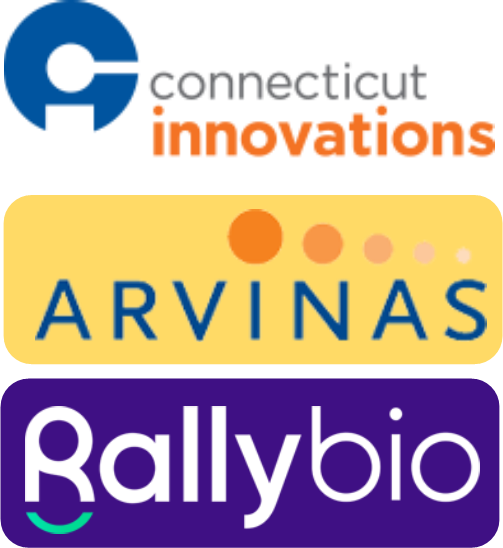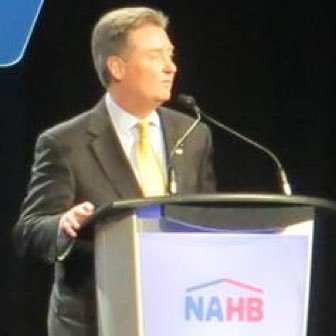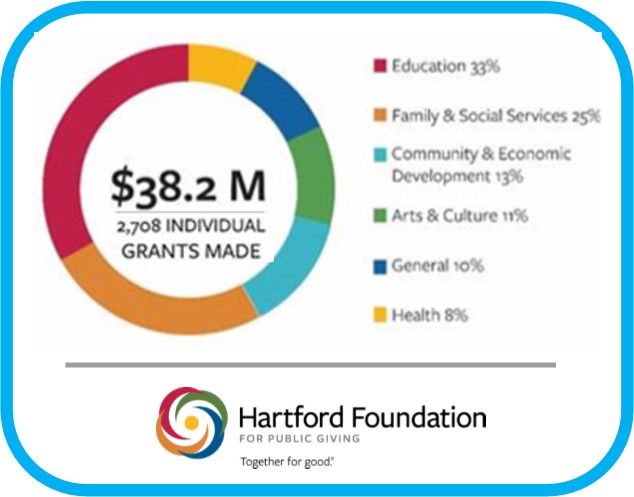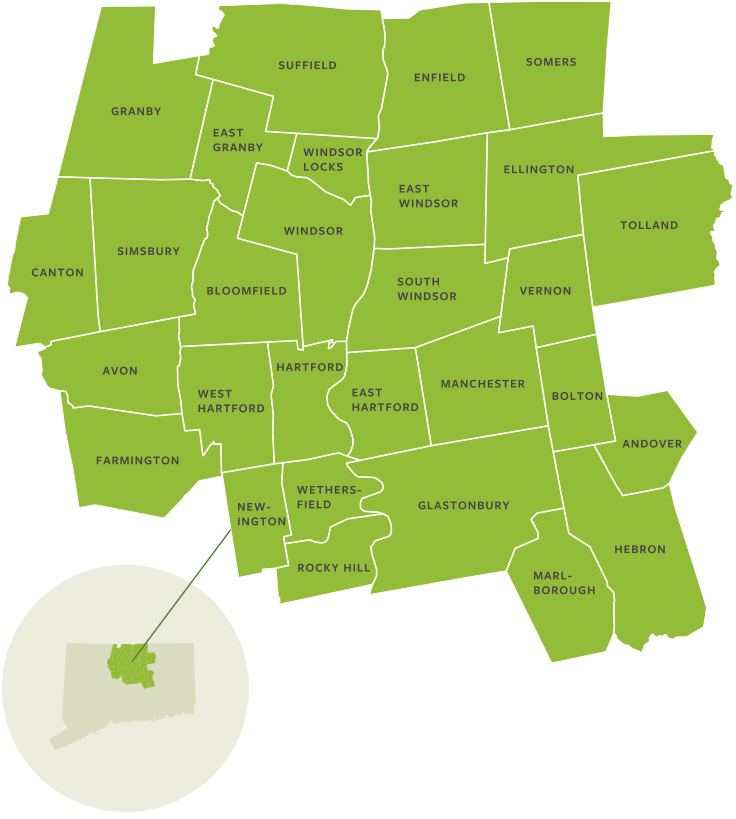Connecticut Innovations (CI) has landed on Forbes magazine’s list of the ten top venture capital firms making the most investments in healthcare start-ups during 2018. With 20 deals done during the year, CI ranked at number seven.
CI is Connecticut’s strategic venture capital arm and the state’s leading source of financing and ongoing support for innovative, growing companies. The two largest CI deals were with locally headquartered Arvinas, a $56 million investment, and Rallybio, a $37 million investment. 
Leading the way among venture capital firms in the U.S. were California-headquartered Alexandria Venture Investments (38 deals), Maryland-based New Enterprise Associates (28), Keiretsu Forum of California (27), OrbiMed, headquartered in New York (24), and ARCH Venture Partners (22) of Illinois. Just ahead of CI was SV Health Investors, with 21 deals. The venture capital firm is based in Massachusetts.
Nationally, startups in the sector have raised more money in 2018 than any previous year in the past decade.
Rallybio, based in Farmington at the University of Connecticut’s Technology Incubation Program, was co-founded in January 2018 by Martin Mackay, PhD, Stephen Uden MD, and Jeffrey Fryer, CPA, recognized leaders from the biopharma industry. The company’s focus: identifying and accelerating the development of transformative breakthrough therapies for patients with severe and rare disorders. They aim to develop innovative drug candidates against mechanisms that have strong biological rationales. Rallybio’s focus is on antibodies, small molecules and engineered proteins.
Last month, the company was named by FierceBiotech as one of 2018’s Fierce 15 biotechnology companies, designating it as one of the most promising private biotechnology companies in the industry.
Arvinas, headquartered in New Haven, is a biopharmaceutical company dedicated to improving the lives of patients suffering from debilitating and life-threatening diseases through the discovery, development, and commercialization of therapies to degrade disease-causing proteins.
Building on groundbreaking research at Yale University by Craig Crews, Ph.D., Arvinas’ Founder and Chief Scientific Advisor, Arvinas has developed a broad technology platform “focused on high-value targets, with the potential to deliver safer, more potent treatment than small molecule inhibitors, and to address up to 80% of proteins that evade inhibition and are currently undruggable.” Among the company’s Board members is Ted Kennedy, Jr., a health care policy and disability activist, regulatory attorney, and former Connecticut state senator.
Connecticut Innovations is located in Rocky Hill.









 Ugalde is president and chief legal officer of Torrington-based
Ugalde is president and chief legal officer of Torrington-based 

 Among the grants, in each program area:
Among the grants, in each program area:























